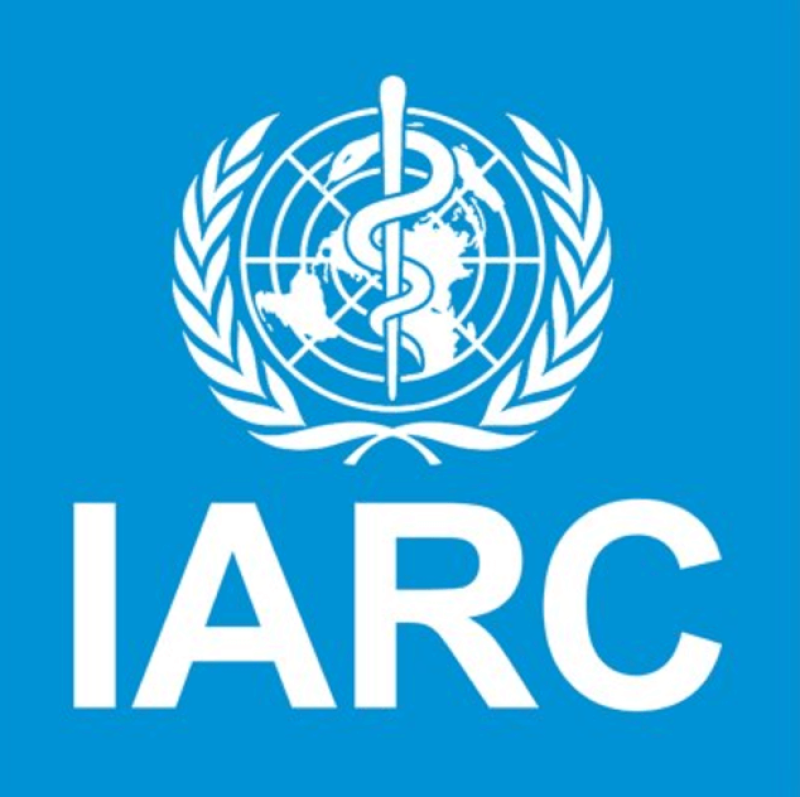[Editor’s note: Read the GLP’s coverage of the International Agency for Research on Cancer and the Reuters article.]
The IARC Secretariat was not informed about unpublished results from the Agricultural Health Study (AHS) about glyphosate. The IARC Working Group for Monographs Volume 112, which met in March 2015, did not consider unpublished results from the AHS, or from any other study.
…
The IARC Monographs Programme does not base its evaluations on opinions presented in media reports. Instead, the Programme conducts evaluations of carcinogenicity based on the systematic assembly and review of all publicly available and pertinent scientific studies, by independent experts, free from vested interests.
The journal article by [Bob] Tarone [former National Cancer Institute statistician] referenced in the Reuters article acknowledges that the author consulted with a lawyer representing Monsanto and that payment was received for that consultation. … [T]he journal’s editors have indicated, most recently in correspondence dated 17 May 2017, that the article by Tarone will be corrected to report the author’s paid consultation with Monsanto as a conflict of interest. In addition, the journal editor indicated that the text of the published article itself will be changed and that the revised article will be characterized as an “opinion paper” rather than a “research paper”.
…
IARC can re-evaluate substances when a significant body of new scientific data is published in the openly available scientific literature.
The GLP aggregated and excerpted this blog/article to reflect the diversity of news, opinion, and analysis. Read full, original post: IARC responds to Reuters article of 14 June 2017































